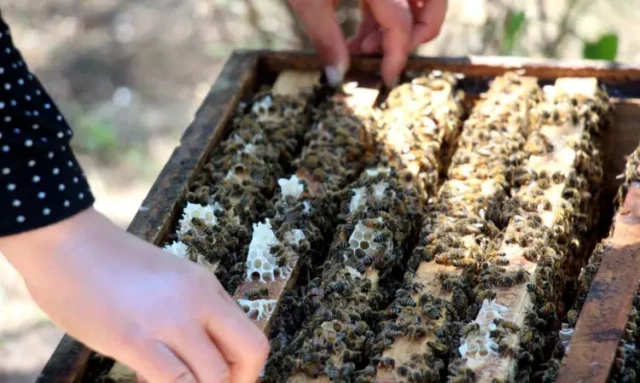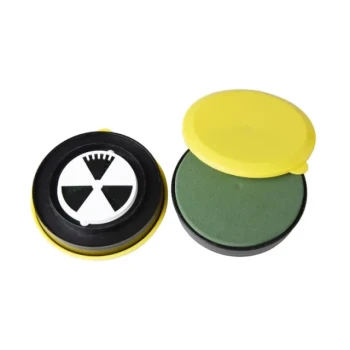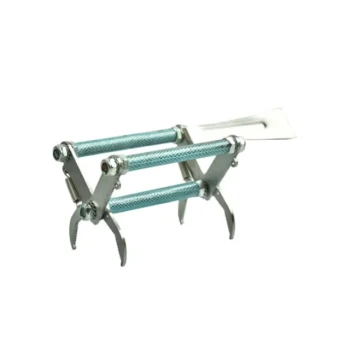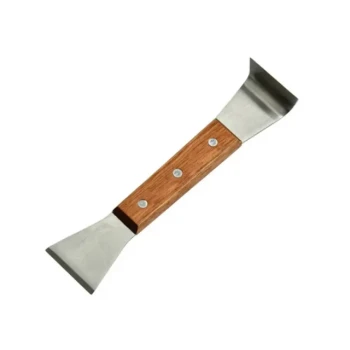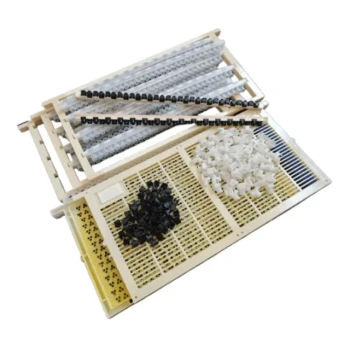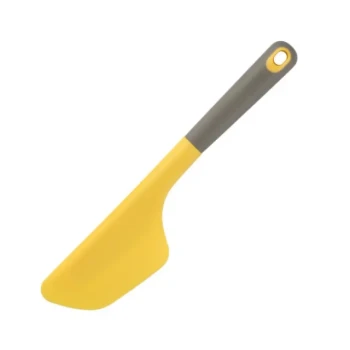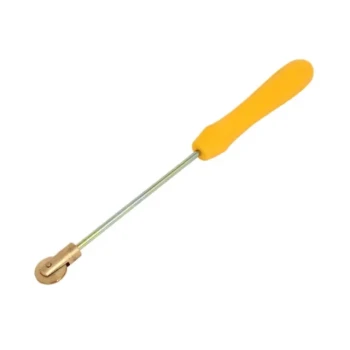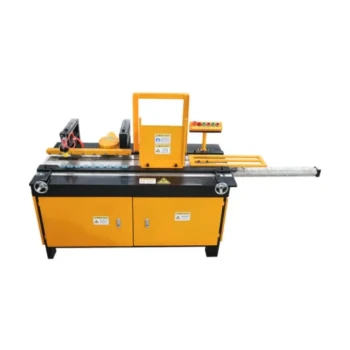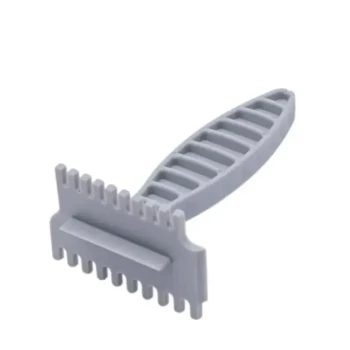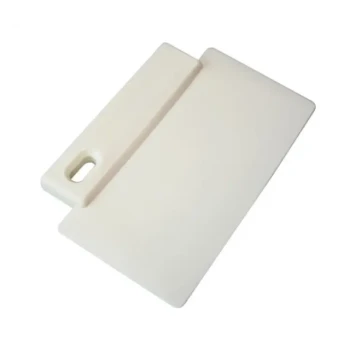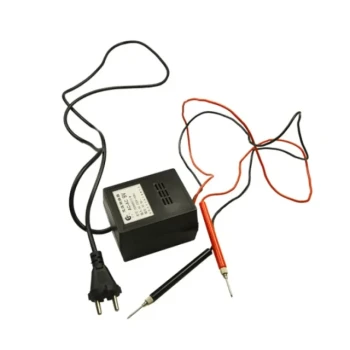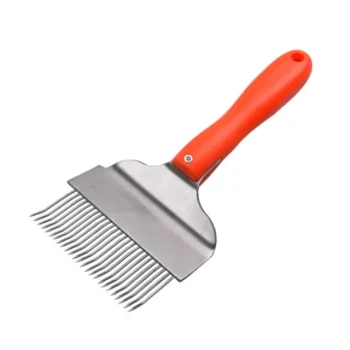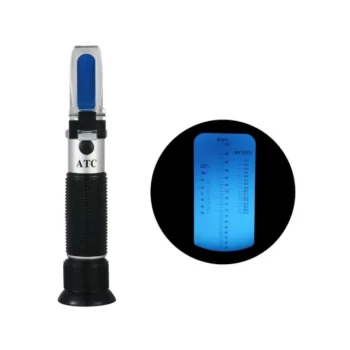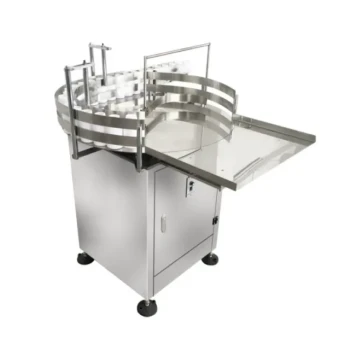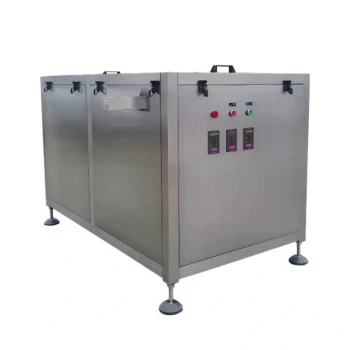Varroa mites threaten honeybee colonies worldwide, making effective monitoring critical for hive survival. This guide compares the most reliable detection techniques—helping beekeepers balance accuracy, practicality, and seasonal factors to implement tailored surveillance strategies.
Understanding Varroa Mite Monitoring
Effective mite control starts with precise detection. While multiple methods exist, their suitability depends on your apiary’s scale, resources, and seasonal demands.
Sugar Roll Technique: Procedure and Limitations
The sugar roll method involves coating collected bees in powdered sugar to dislodge mites, which are then counted. This approach is:
- Non-lethal: Bees survive the process, preserving colony strength.
- Moderately accurate: Detects around 60–70% of mites compared to more rigorous methods.
- Seasonally sensitive: Humidity reduces sugar’s effectiveness, making results less reliable in damp climates.
Best for: Small-scale beekeepers prioritizing bee survival over absolute precision.
Ether Roll Method: When Speed Overrides Precision
Using ethyl alcohol or ether, this quick test kills sampled bees but provides faster results than sugar rolls. Key considerations:
- Higher accuracy: Removes nearly all mites from sampled bees.
- Immediate results: Useful for rapid decision-making in large apiaries.
- Bee mortality: Sacrifices 300–500 bees per test, which may impact smaller colonies.
Best for: Commercial operations needing frequent, large-scale sampling.
Evaluating Method Effectiveness
Accuracy Comparison Across Hive Conditions
Research shows the alcohol wash method is the gold standard, detecting over 90% of mites. However, practical constraints influence choice:
| Method | Accuracy | Bee Impact | Time Required |
|---|---|---|---|
| Alcohol wash | 90–95% | Lethal | 10–15 minutes |
| Sugar roll | 60–70% | Non-lethal | 20+ minutes |
| Ether roll | 80–85% | Lethal | 5–10 minutes |
Impact of Seasonal Variations on Test Reliability
- Spring/fall: Alcohol washes are ideal for pre- and post-season mite management.
- Summer: Sugar rolls may suffice if humidity is low, but high mite loads warrant more precise methods.
- Winter: Monitoring is less critical but recommended in warmer climates.
Implementing a Monitoring Strategy
Case Study: Commercial Apiary Protocol Optimization
A Midwest apiary with 200+ hives adopted this protocol:
- Weekly ether rolls during peak season (June–August) for rapid checks.
- Monthly alcohol washes to validate results and adjust treatments.
- Post-treatment sugar rolls to assess effectiveness without further bee loss.
Outcome: Mite levels stayed below damaging thresholds, with a 30% reduction in winter colony losses.
Integrating Thresholds with Treatment Decisions
- Action threshold: Treat when mite counts exceed 3 mites per 100 bees (spring) or 2 mites (fall).
- Low infestation: Sugar rolls for rechecks.
- High infestation: Immediate alcohol washes and targeted miticides.
Ready to streamline your mite monitoring? HONESTBEE’s beekeeping supplies equip commercial apiaries and distributors with durable tools for precise hive health management—from alcohol wash kits to sugar roll supplies. Protect your colonies with data-driven decisions.
By aligning methods with your apiary’s needs, you can detect threats early and safeguard your bees’ productivity. After all, the best monitoring strategy is one you’ll use consistently.
Visual Guide
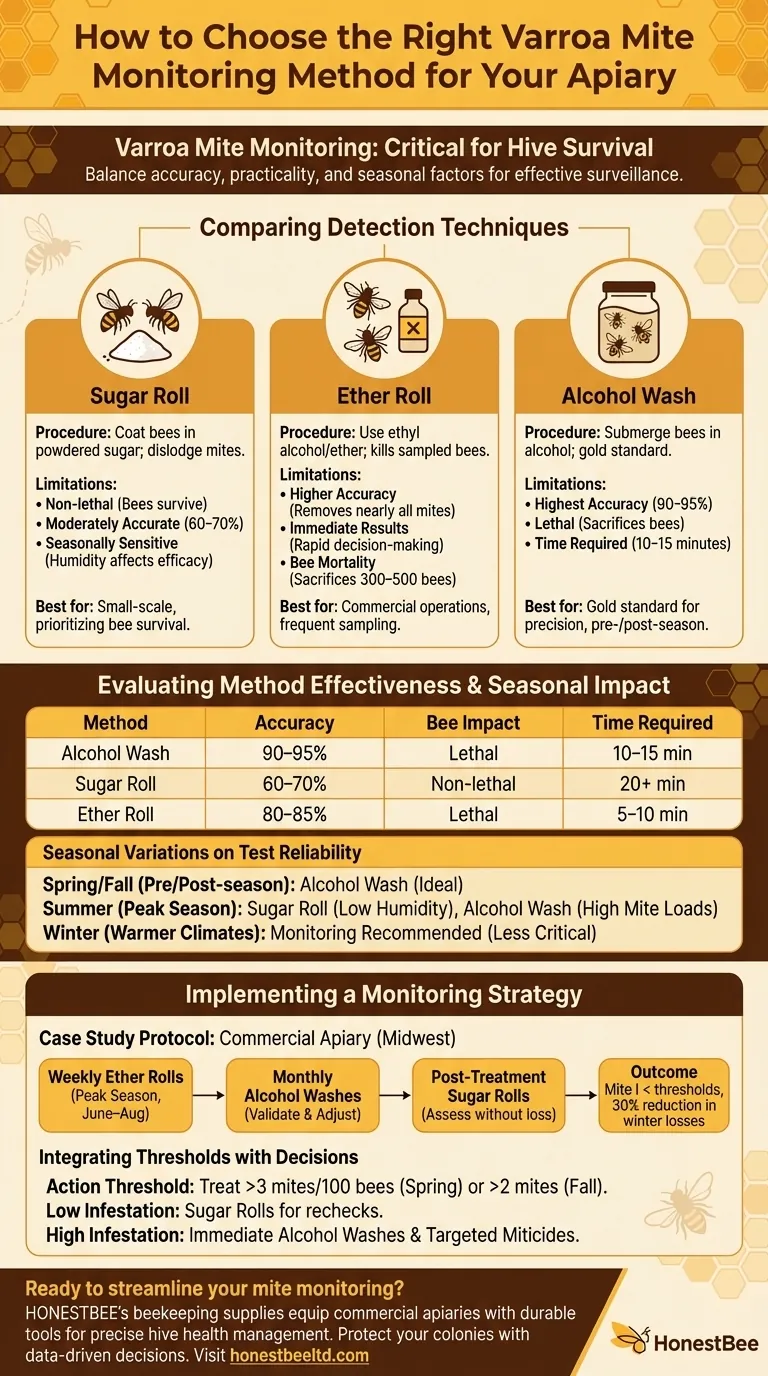
Related Products
- Adjustable Formic and Acetic Acid Dispenser for Bee Mite Treatment
- Professional 3-Bar Frame Grip with Integrated Hive Tool
- HONESTBEE Advanced Ergonomic Stainless Steel Hive Tool for Beekeeping
- Professional Dual-End Stainless Steel Hive Tool for Beekeeping
- Langstroth Screen Bottom Board for Beekeeping Wholesale
Related Articles
- How to Optimize Hive Beetle Control Without Harming Your Bees
- How to Use Oxalic Acid for Varroa Mite Control: A Beekeeper’s Guide
- The Deceptive Calm: Why a Strong Summer Hive Masks a Looming Winter Collapse
- How Beekeepers Can Control Varroa Mites During Peak Colony Growth
- How Broodless Timing Unlocks Oxalic Acid's Full Potential Against Varroa Mites
